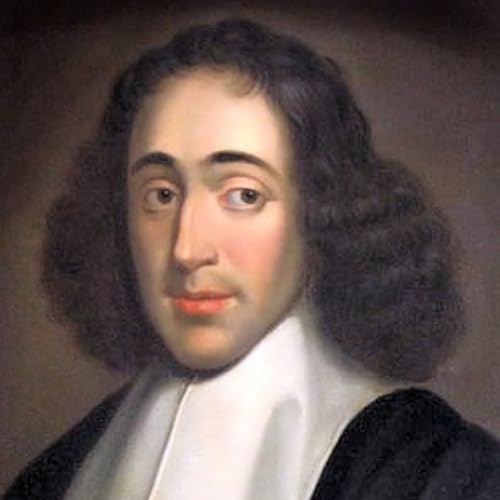Spinoza and Zionism.
In the Tractatus Spinoza said, in passing, about the Jews that "were it not that the fundamental principles of their religion discourage manliness, I would not hesitate to believe that they will one day, given the opportunity, establish once more their independent state, and that God will again choose them". This comment, and Spinoza's general emphasis on the political-national aspects of Judaism, had inspired some of the secular forerunners of Zionism. Some Zionist leaders even described Spinoza as the first secular proto-Zionist. Some scholars agree (to various degrees) with the characterization of Spinoza as proto-Zionist, while other scholars are critical of it.
Show More
Show Less
 Sep 30 20255 mins
Sep 30 20255 mins Sep 30 202510 mins
Sep 30 202510 mins Sep 30 20256 mins
Sep 30 20256 mins
